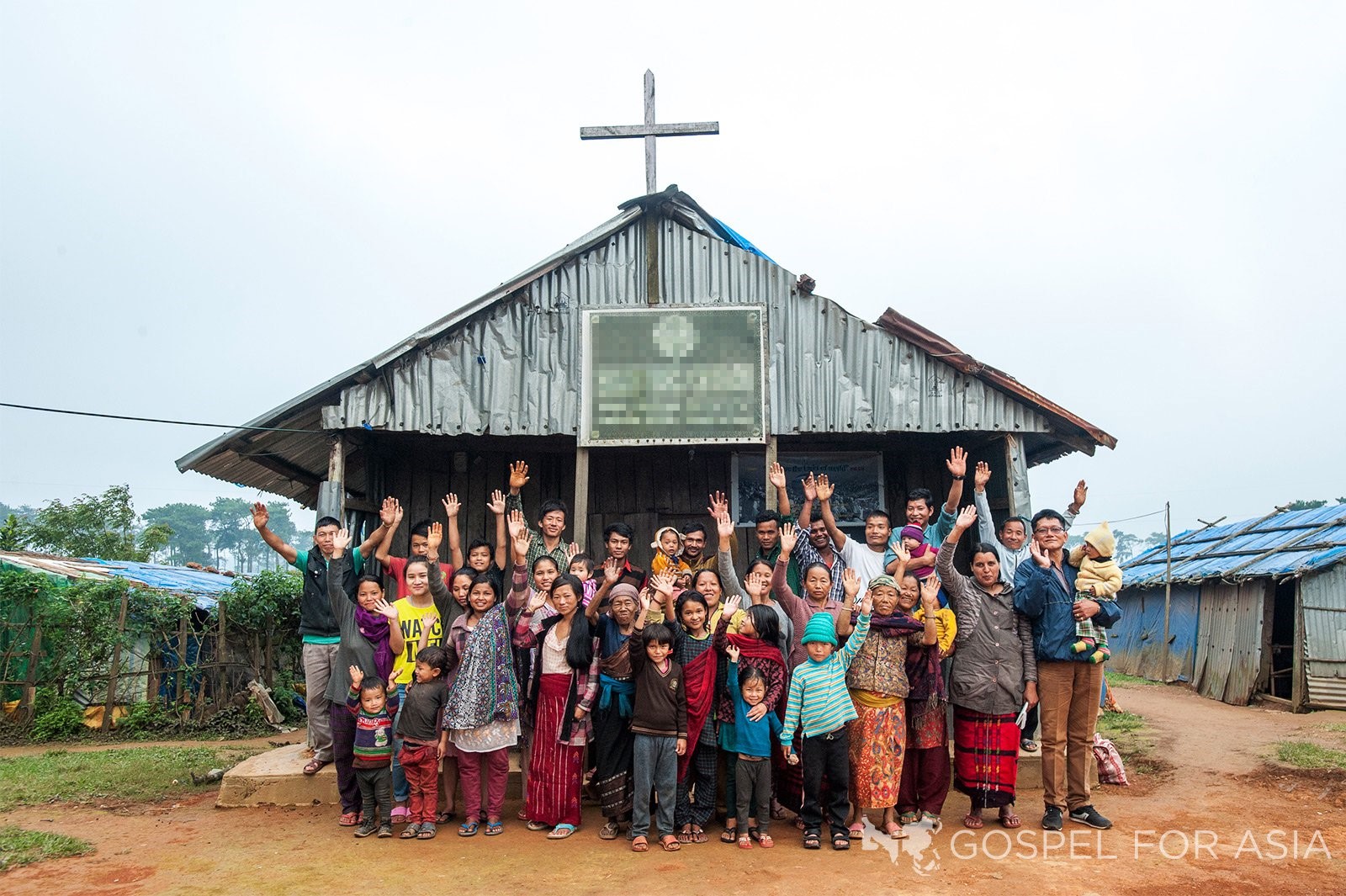Recently, Voice of the Martyrs has joined the ranks of others who have called for the repeal the Laotian government’s Decree on Associations that was passed in late 2017. The decree effectively abrogates the constitution’s guarantee of religious freedom by placing extraordinarily strict government restrictions on non-profit organizations, including religious groups.
According to VOM Canada, “The new decrees define the government as the final arbiter of all permissible religious activities. Any activity must be approved by various offices, even though such approval is rarely granted. According to religious leaders, the freedom to practice one’s faith is particularly restricted outside urban areas. And while the law is supposed to apply to all four recognized religions (Buddhism, Christianity, Islam, and Bahai), Buddhism has often been exempt from restrictions. Christians in remote villages have particularly faced threats, arrests, and expulsion.”
Human Rights Watch describes the decree as giving “government authorities in Lao PDR sweeping powers that enable arbitrary restriction or denial of fundamental rights, including the power to unreasonably control and/or prohibit the formation of associations; arbitrarily broad powers to inspect, monitor and curtail the activities and finances of associations; the power to order the dissolution of associations on arbitrary grounds and without right of appeal; and powers to discipline associations and individual members on arbitrary grounds. The Decree also includes measures to criminalize unregistered associations and allow for prosecution of their members.”
The decree includes mandatory registration to legally exist, effectively outlaws associations involved in human rights and advocacy programs, requires all associations to operate under the supervision of a government agency, restricts access to foreign funds, and bans “foreign experts and volunteers” from participation in any association.
Soon after the decree was enacted in late December, The International Commission of Jurists (ICJ), Amnesty International, Human Rights Watch, the International Federation for Human Rights (FIDH), the Asian Forum for Human Rights and Development (Forum-Asia), ASEAN Parliamentarians for Human Rights (APHR), the International Service for Human Rights (ISHR), The Centre for Civil and Political Rights (CCPR-Centre), and World Organisation Against Torture (OMCT) issued a joint request to the Laotian government expressing “deep alarm” and requesting dramatic revision or repeal the decree.
The decree remains in effect.
The sum of the matter is that “people who want to do religious activities . . . face more hurdles now because there [are] more people they need to check in with and get permission from if they are going to do this legally. If they don’t do it legally, they are subject to arrest and persecution.”
Addendum:
The treaties to which Laos is a state party include:
- International Convention on the Elimination of All Forms of Racial Discrimination (CERD) (accession in 1974)
- Convention on the Elimination of All Forms of Discrimination against Women (CEDAW) (accession in 1981)
- Convention on the Rights of the Child (CRC) and its two Optional Protocols (CRC-OP-AC & CRC-OP-SC) (accession in 1991 & ratification in 2006)
- International Covenant on Economic, Social and Cultural Rights (ICESCR) (accession in 2007)
- Convention on the Rights of Persons with Disabilities (CRPD) (accession in 2009)
- International Covenant on Civil and Political Rights (ICCPR) (accession in 2009)
- Convention against Torture and Other Cruel Inhuman or Degrading Treatment or Punishment (CAT) (accession in 2012)
Sources:
- Mission Network News, New law in Laos threatens Christians’ right to meet
- The Voice of the Martyrs Canada, New Laws Restricting Religious Freedom
- Worldwide Movement for Human Rights, New Decree on Associations is the last nail in the coffin for civil society
- Human Rights Watch, Joint Letter to the Lao Government Re: Decree on Associations
- Icommittopray.com, New Law Further Restricts Front-line Workers
- Civil Rights Defenders, What are…Laos’ International Human Rights Obligations & Commitments?
Image Source:
- GFA (Gospel for Asia)
